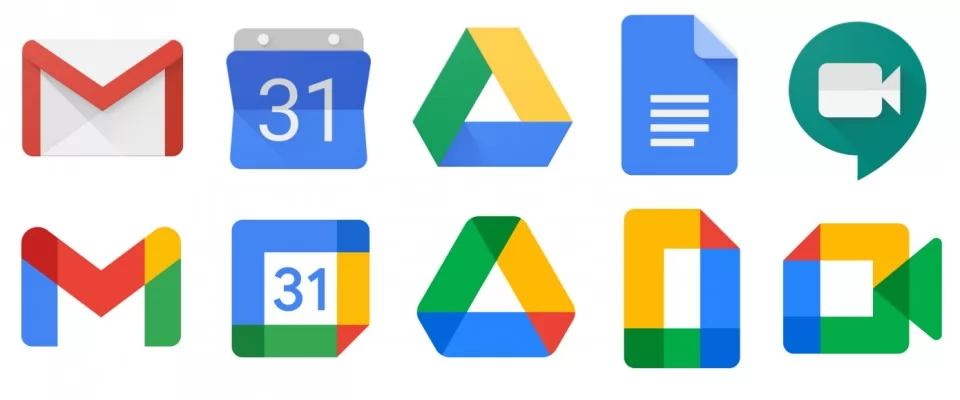The alarm clock is going off.
A hand floats over the bedside table groping for the source of the sound: probably a cell phone and maybe one of the more than 2.5 billion Android devices in the world. Alphabet's operating system (Google's matrix) concentrates 74.6% of the market and together with Apple's iOs -which includes Google's search engine- they account for 99%.
This gesture of turning off the alarm puts hundreds of millions of people at the door of Google's services. The corridor is long, full of ramifications and, of course, of information delivery.
Andy Yen, CEO and founder of the encrypted email service ProtonMail says the Google is so huge that even if you don't use Gmail or search, there's always something else in the ecosystem that will start monitoring you.
William Barr, the U.S. Attorney General, believes that Google is abusing its dominant position. The lawsuit, filed last Tuesday, is the biggest antitrust action taken by the federal government since the legal actions against Microsoft in 1998.
Don't tell me you've never looked at Google news at breakfast time....
About 60% of users who browse the Internet from their mobiles use Chrome and the figure rises to almost 70% if we talk about the browsers on our computers.
So there we are, quietly, eating at lunchtime, using a Google browser on a Google operating system.
Our routine continues, as we keep asking Google: What's the weather like today? Four little dots light up, indicating that the voice assistant has heard us and we get an answer: "Today there will be sunshine with medium temperatures".
On the way to work we asked, "How's the traffic? The meticulous cartography of Google Maps, which is reaching the curbs of the sidewalks, always knows the answers.
Now we can get the information from Google out loud.
Twenty years ago, Internet users came to the search engine (when it was still a simple search engine) with giant desktop computers in the hope of finding answers to their questions.
In the beginning, the creators of the search engine were proud to take us to other destinations.
"We want to get you out of Google and into the right place as quickly as possible,"
Larry Page, 2004
Now, getting out of the company's domains is more difficult.
Searches land on so-called direct answers - index cards, FAQs, instant translations and short texts that make it difficult to move beyond the first scroll - and Google-linked products, such as YouTube videos. Few people get past the first links.
There's a bit of a macabre joke going around that if you want to hide a body, the best site is the second page of Google results.
About 41% of that first page is made up of the company's own products.
Google wasn't the first search engine, but it's scary to think that it could become the last.
Today, the Mountain View search engine eats 86% of the market share, compared to the almost irrelevant 6.4% and 2.64% held by Bing and Yahoo, respectively.
Google has so much information about us, that even if you don't know us physically, you know more about us than if you were our friend.
In 2019, Google's advertising business exceeded $134 billion (about 110 billion euros, at today's exchange rate). In addition to the information we leave behind in searches, the company now obtains by monitoring our traffic through the webs that incorporate its technologies. If you have been looking at a pair of shoes in an online store, be prepared to be chased, in the form of an advertisement, to the confines of the Internet.
Google has definitely become the great archive of our lives. At Drive, we can store our personal or professional documents. In Google Photo, our memories are stored.
Those who have their location history active can consult the detailed logbook that records their movements around the city they live in and the entire planet.
Google also manages our professional life.
Our Gmail users are the core of our identity in their networks. A step away from them we have our email box, the calendar, the now indispensable video calls that facilitate Hangouts and Meet, and all the third party services that we want to link to that account.
Can the average user live without Google? Yes.
But this decision implies some compromises that could complicate his life in enough insignificant details to generate a real annoyance. In addition, he would have to abandon passwords already saved in Chrome or events scheduled in the calendar. No Drive, no Android and no Youtube.
And you.... could live without Google?

